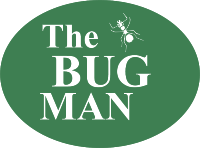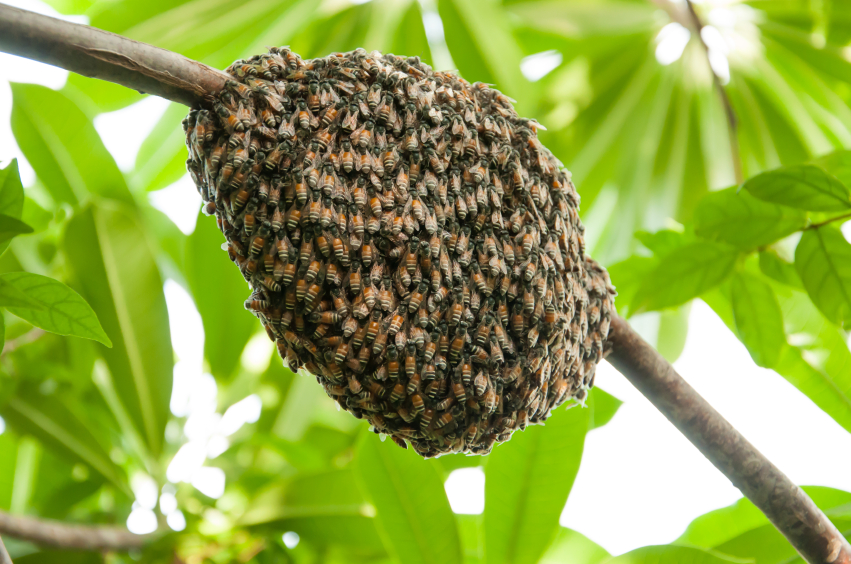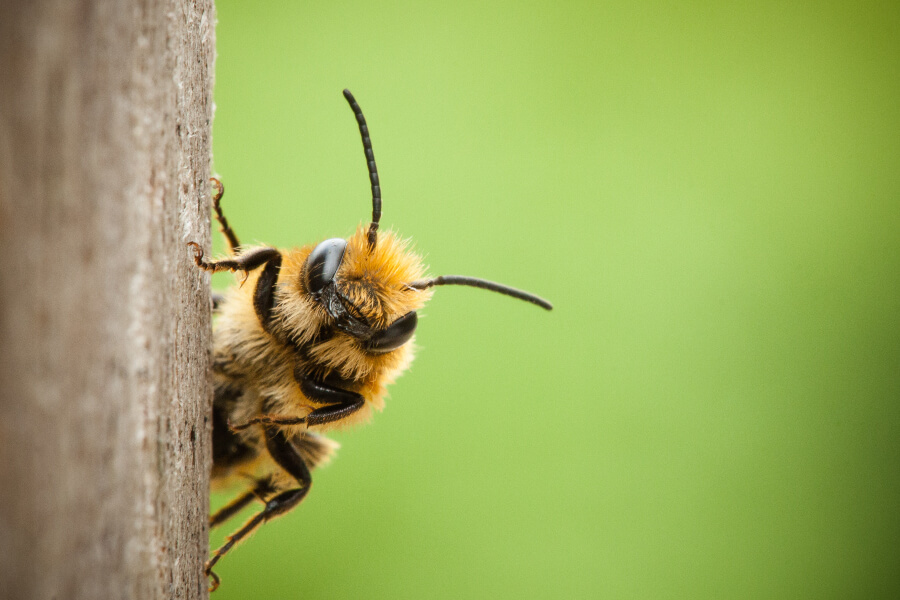How can we help the honey bee?
We have asked ourselves this question here at The Bug Man for many years. We practice Integrated Pest Management (IPM) in our business, this basically means to be successful at our jobs while making the smallest impact on our environment possible. Each year, we receive calls reporting honey bee swarms hanging from trees and the sides of houses. We attempt to seek out a beekeeper to catch and relocate these bees safely. Most of the time, the beekeepers are unable to respond in a timely manner because most of them have regular jobs and can’t get away. This year, we have solved this problem! Dan and Vicky Cassidy, owners of The Bug Man, have become the beekeepers!
Endor Farms – Honey Bee Apiary
Dan and Vicky Cassidy have started a small honey bee farm out in Rockvale to relocate and raise honey bees. They will be available to catch and relocate honey bee swarms to this property and to care for them. Dan and Vicky also have contacts (other beekeepers) in the local association that would be happy to take any hives that they are unable to keep. Dan and Vicky are members of the Rutherford County Beekeepers Association (since July 2014), and constantly seeking out additional training in this new field. Eventually, our customers will be able to purchase the local honey at The Bug Man office. We will keep everyone posted when it becomes available.
What to do if you see a honey bee swarm
Most people become worried and even scared when they see a honey bee swarm. While this is a normal reaction, the honey bees are not usually dangerous during a swarm. Their goal is to seek out a new home quickly before they run low on energy stores. The queen will land on a branch or wall and all the bees will gather around the queen bee and form a large ball-like mound. This is often referred to as a basketball of bees. This is the best time to contact a beekeeper. They may stay here for 30 minutes or 2 hours. Eventually, they will move on to another area until they find a suitable home.
When you see this cluster of bees, call our office and we will dispatch Dan & Vicky, with the bee response equipment. If successful, the honey bee cluster will be captured and relocated safely to Endor Farms and the bee will be able to pollinate the crops out in the country.
If you find a swarm of honey bees, call us at 615-217-7284 and we will dispatch our beekeepers!


